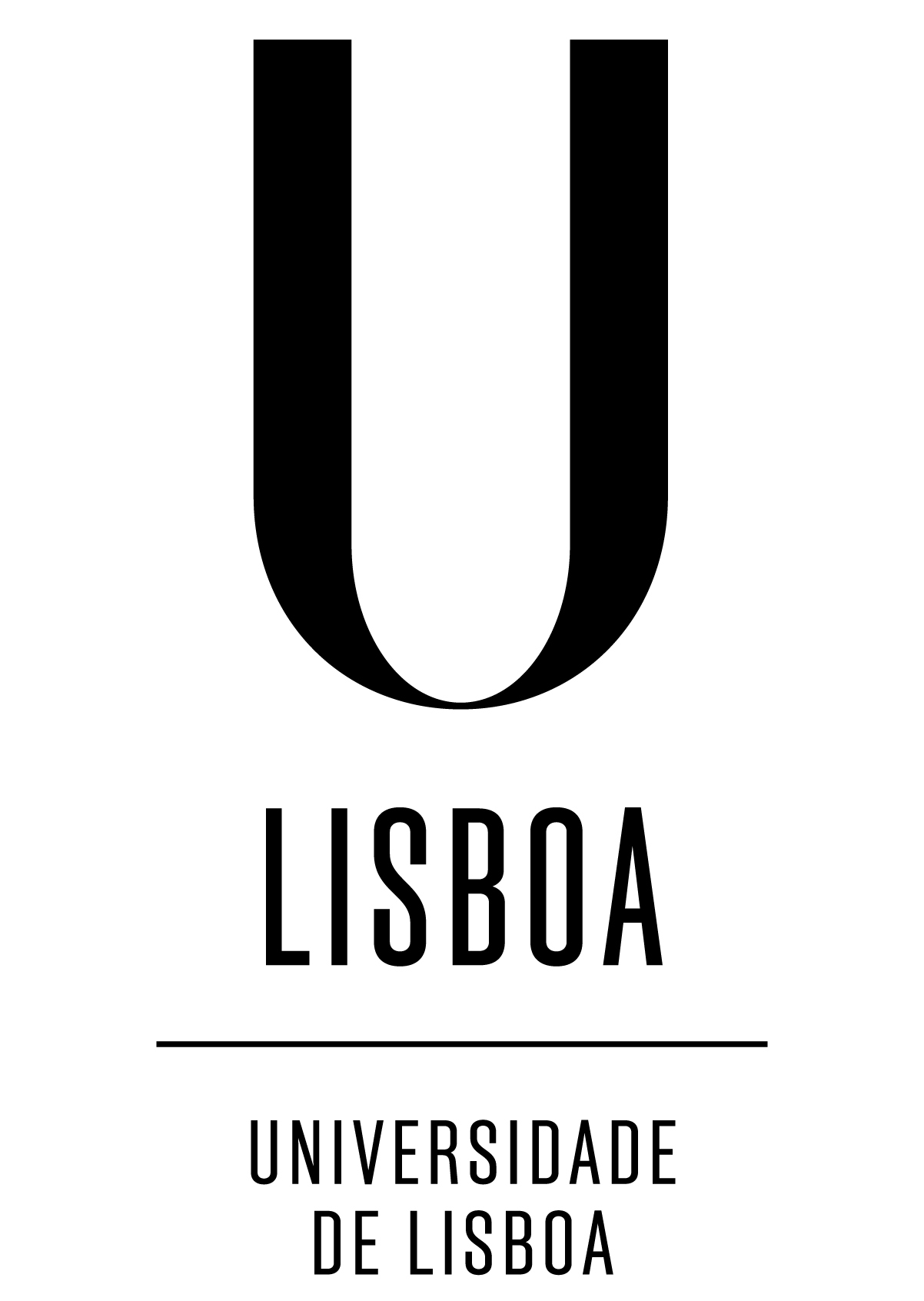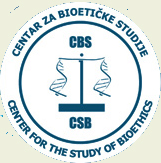Philosophy of Human Technologies
Description
 A Philosophy of Human Technology is aware of the present and future overspecialisation of Technologies that influence the separation of a few direct powerful technological players and the many that are affected by the technological developments. Technologies constitute, magnify, amplify human experiences, but can also enslave or put human experience and life at risk. The processes of techniques and technologies as "pharmakon" (poison/remedy) thus change the ways we live their somatic (embodiment), noetic (diagrammatics) or discursive level, and influences how we individually or collectively experience our world. How do instruments, devices and apparatuses as well as systems and techniques and bodily techniques processes (e.g. gesture) produce and transform human knowledge, experience and (social) life?
A Philosophy of Human Technology is aware of the present and future overspecialisation of Technologies that influence the separation of a few direct powerful technological players and the many that are affected by the technological developments. Technologies constitute, magnify, amplify human experiences, but can also enslave or put human experience and life at risk. The processes of techniques and technologies as "pharmakon" (poison/remedy) thus change the ways we live their somatic (embodiment), noetic (diagrammatics) or discursive level, and influences how we individually or collectively experience our world. How do instruments, devices and apparatuses as well as systems and techniques and bodily techniques processes (e.g. gesture) produce and transform human knowledge, experience and (social) life?
The experiences of individuals living today in contemporary information societies are tightly interwoven with the use of ICTs, that in the near future could converge more with, for instance, Nano- Bio- and Neurotechnologies, or generally, with Technologies of not only human bodies and minds. Telemedicine and enhancement technologies and the growing influence of artificial agents are just some of the pressing issues. Technological transformations often have generated an extensive policy vacuum and even more a vacuum of philosophical clarification of issues concerning both the philosophical foundations of political and juridical regulations of present or upcoming aspects of individuals' existence and their collective interactions that Philosophy of Human Technology will face.
Structure
Module I - Philosophy of Human Technology assessment and policy advice
How should policy and the public be advised in questions of technology if technologies and techniques redefine the proper constitutive layers of being human and its proper (inter-)actions and development?
Module II - Philosophy of Gesture
Gesture level of embodiment and foundation of social interaction, haptic and gestural experience, cognition and epistemology: Lisbon Gesture Lab
Module III - Science and Control
- Philosophy of Cybernetic Control. "Science" and "Control" in the 21st century questions the fundamental role the concept of control has in science in the 21st century, especially in the mind sciences.
- Social self-organisation in Complex informational systems.
- Towards a philosophy of the Internet.
Module IV - The Social question of the Machine
specifically in Japanese theories of artificial societies.
Head: Alexander Gerner | alexandergerner@yahoo.com
Assistant Head: Diogo Silva da Cunha | cunhadiogo15@gmail.com
Research Groups involved
Epistemology and Methodology || Science and Art || Philosophy of Human Sciences, Ethics and Politics || Philosophy of Life Sciences
Research Team
Diogo Silva da Cunha
Diogo Telles Correia
Hassan Tahiri
Helena Abreu
João Luís de Lemos e Silva Cordovil
Nuno Nabais
Olga Maria Pombo Martins
Associated members
Caio Rotta Bradbury Novaes
Carlos Manuel Branco Nogueira Fragateiro
Daniel Schvetz
Liliana Cavic
Luis Manuel Marques Custódio
Mara de Almeida
Maria Eunice Quilici Gonzalez
Mariana Claudia Broens
Porfirio Silva
Toni Hildebrandt
Verónica Gullander Metelo
Consultants
Vojin Rakić (CSB), University of Belgrade, Serbia (Enhancement & Bioethics)
Irene Mittelberg, Hum-Tech RWTH Aachen, Germany (Human Technology, Gesture & Diagrams)
Frederik Stjernfelt, University of Kopenhagen, Denmark (Foundational issues/Peirce)
Activities
-
Conferências / Workshops / Acções de Formação
- "Gestures of Distraction. Towards a Philosophy of Cognitive Enhancement", apresentação por convite de Alexander Gerner, no âmbito da Conferência Internacional «L'amélioration. L'humain entre vie et technique», organizada por Gilles Barroux, Anne Lefebvre, Julie Henry e Emmanuel Salanskis, 01 a 03 de Outubro de 2015, Collège International de Philosophie, Paris.
- Gestural Techniques of Thinking and Knowing I: Movement, Embodiment, Gesture. Workshop Internacional organizado por Alexander Gerner, 29 de Junho 2015, 10h00-13h30, FCUL, Auditório 1.3.33 A. [Cartaz]
- The Actuality of Peirce´s Thought II. Workshop Internacional organizado por Alexander Gerner, 09 de Junho 2015, Auditório da Fundação da FCUL, C1, Piso 3, 14h00-16h30. [Cartaz]
- Curso Livre Philosophy of Human Technology I: "Philosophical Investigation of Attention", por Alexander Gerne,16 de Março até 25 de Maio 2015, 17h00-19h00. [Mais informações].
- The Actuality of Peirce's Thought. The 2014 Lisbon Centennial Peirce Workshop (1839-1914) organizado por Alexander Gerner (CFCUL) e Nuno Nabais (CFCUL) com a participação de Mats Bergman (Universidade de Helsínquia), Olga Pombo (CFCUL), Nuno Nabais (CFCUL) e Alexander Gerner (CFCUL), 11 de Novembro 2014, Auditório da Fundação da FCUL, 10h00-18h00. [Call for Participation] [Poster] [Programa]
- On The Actuality of Peirce's Doctrine of Dicisigns (Book Session and Debate), pelo Prof. Frederik Stjernfelt (Universidade de Copenhaga) integrado no Workshop The Actuality of Peirce's Thought. A conferência foi organizada por Alexander Gerner (CFCUL) e Nuno Nabais (CFCUL), 10 de Novembro 2014, Auditório da Fundação da FCUL, 14h00- 17h00. [Poster]
- Philosophy of Technology: Information, Machine, Affordance and Gesture. Workshop internacional com a participação de Nuno Nabais (CFCUL), Alexander Gerner (CFCUL), Maria Eunice Quilici Gonzalez (UNESP- Marília, Brasil) Mariana Claudia Broens (UNESP-Marília, Brasil), 12 de Março,10h00-13h30, FCUL. [Mais informações].
- Máquina. Auto-organização social. Computação ubíqua 2.0: abordagens sociais, políticas, éticas e artísticas. Workshop organizado pela linha de investigação Filosofia das Tecnologias do Humano, integrado no GI Filosofia das Ciências Humanas, Ética e Política, 10 de Março de 2014 no Anfiteatro da Fundação da Faculdade de Ciências. [Cartaz].
- Apresentação, por convite, de Alexander Gerner no "Debate sobre Ética nas Ciências da vida: melhoramento cognitivo" da Ciência Viva, no âmbito do Ciclo de Debates sobre Ética nas Ciência da Vida co-organizados pela Ciência Viva e o Conselho Nacional de Ética para as Ciências da Vida (CNECV), que vai encerrar o projecto "Neuro-enhancement: responsible research and innovation" (NERRI), 25 de Fevereiro, 19h30 no Pavilhão do Conhecimento – Ciência Viva.
- "Notes on Utopia", performance de Alexander Gerner (PT), Marie Nerland (NOR), Lígia Soares (PT), 6 de Setembro de 2015, 19h00 e 21h00, Komuna, Ljubljana, Eslovénia. [+ informações]
- "Mexer no Cérebro", com a participação de Alexander Gerner, Prof. Alexandre Quintanilha, Prof. Rui Costa, Dra. Teresa Summavielle, João Perry, Dr. João Marques Teixeira, Dra. Adriana Sampaio, Dra. Susana Lima e Dr. Carlos Ribeiro, Prós e Contras, 2 de Março 2015, 22h15, na RTP1.
- A condição Tecno-Humana no Século XXI. Debate com intervenções de Hermínio Martins, José Luís Garcia, Alexander Gerner, Nuno Nabais e José Bragança-Miranda. Organização de Alexander Gerner e Nuno Nabais, dia 26 de Junho de 2013, 21h30, na Fábrica do Braço de Prata. [Poster] [Website]
Public Debates/ Extended Peer Review
- Transnational Cooperation I (Portugal-Serbia) Philosophy of Enhancement, Human Technologies and Personalized Medicine in collaboration with the CSB Belgrade (Heads: CFCUL A.Gerner & CSB: Prof. Vojin Racik)
- Transnational Cooperation II (Portugal-Brasil) Filosofia da Tecnologia:do Gesto as Sociedades Artificias/ Philosophy of Technology: from Gesture to Artificial Societies with Faculdade de Filosofia e Ciências/ UNESP – Universidade Estadual Paulista “Júlio de Mesquita Filho“ (Coord. CFCUL A.Gerner UNESP- M. Broens) .
- Gestures of Knowledge (PI: Alexander Gerner).
Submitted Projects









